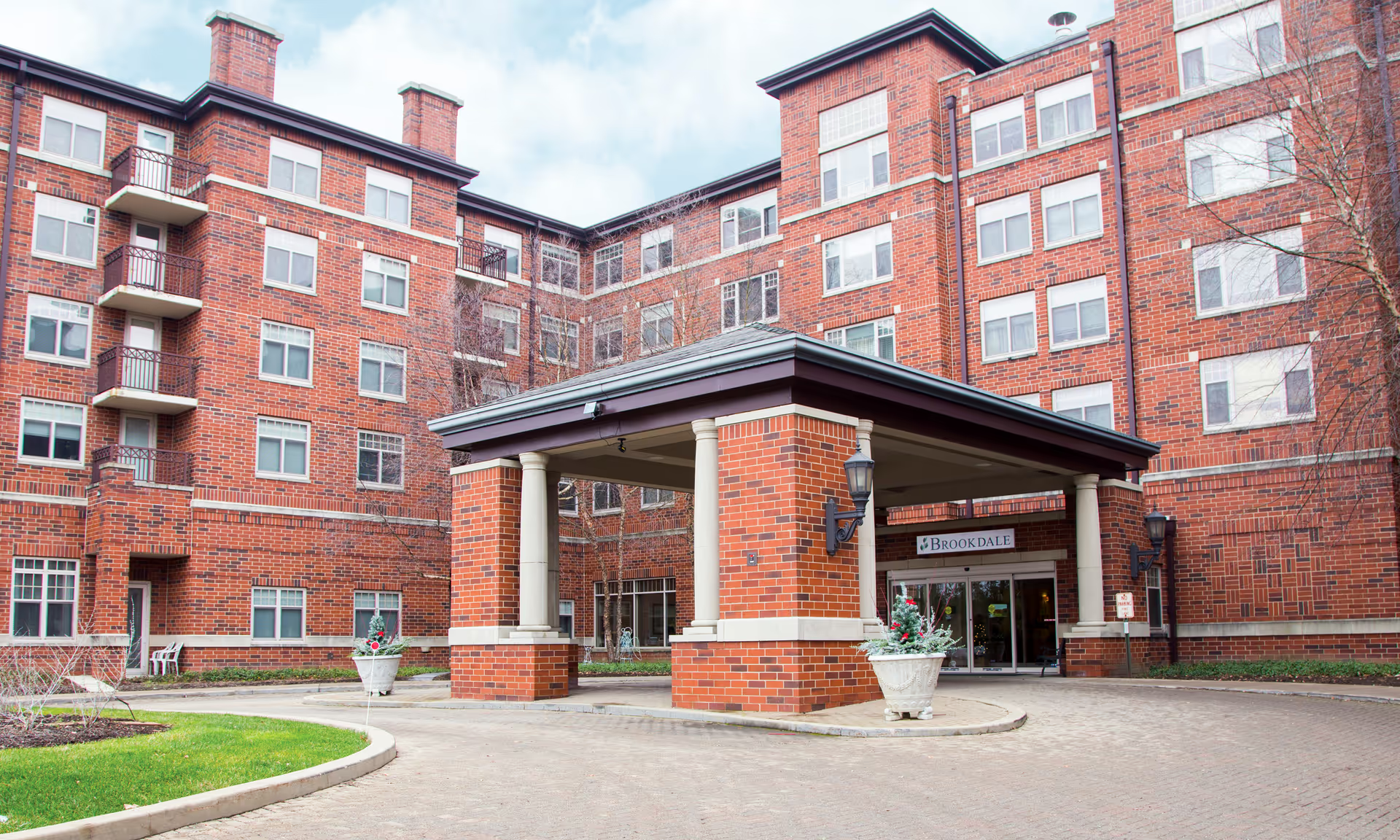Overall sentiment in the reviews is highly mixed and polarized: many families and residents praise the facility for its compassionate frontline caregivers, active life-enrichment programming, pleasant communal spaces and generally clean, home-like environment; however, a substantial subset of reviews report serious safety, staffing, management and operational failures that have led some families to remove loved ones and to warn others to avoid the community.
Care quality and resident experience: Numerous reviews highlight very strong, individualized caregiving—staff who know residents by name, conduct thorough intake and care planning, perform regular check-ins, and create genuine relationships with residents and families. Many accounts describe the nursing staff and directors as compassionate and attentive, and several reviews praise respectful memory-care transitions and dignified end-of-life care. Conversely, repeated reports describe situations where care fell short: long waits for assistance (sometimes over an hour), caregivers refusing to wake residents, undertrained staff, missed medications, and at least one account of life‑threatening medication missing for seven days leading to withdrawal and complications. These extremes suggest that quality can vary dramatically depending on the shift, unit, or time period.
Staff, training and turnover: A recurring theme is strong frontline staff who are described as warm, empathetic and hardworking, with many reviewers naming individual employees and directors positively. At the same time, there is a pronounced and frequent complaint about staffing instability—high turnover, nursing turnover, frequent leadership changes, and reports that newer or temporary staff are inexperienced or poorly trained. Several reviews explicitly link declining care quality and safety to ownership/management changes (notably a change around March 2024) and to perceived private‑equity cost‑cutting. Additional personnel concerns include allegations of wrongful termination, favoritism, theft by staff, racial slurs, and staff misconduct; families report inconsistent upper‑management response to these complaints.
Facilities, safety and security: Many reviewers describe the building as clean, well‑maintained, with attractive dining areas, a library, craft room and pleasant grounds. Memory care is noted as having a secured, key‑coded elevator and designated programming. However, reviewers also reported spotty cleanliness in specific areas (notably on the fourth floor), reports of bathrooms with urine/feces, and laundry errors. Serious safety incidents are reported in multiple reviews: a dementia patient found outside about one‑third of a mile away (found by the Rochester Fire Department), at least one resident who fell and suffered broken hip/back under the facility's care, and allegations that management misrepresented or concealed such incidents. There are also accounts of memory‑care doors that cannot be locked and residents wandering into other rooms—issues that conflict with other reports praising secure memory care. These conflicting accounts indicate variability in safety and supervision practices.
Dining and activities: Positive feedback is frequent for the activity and dining programs. Reviews cite abundant activities (piano, singalongs, bingo, arts and crafts, therapy pet visits, outings and field trips), engaged life‑enrichment staff, and a busy, restaurant‑like dining experience that many residents enjoy. Some reviewers note the memory‑care dining area is less appealing than general dining, and occasional negative dining comments appear (lack of communication, poor food). Overall, activities and social programming are a strong positive in many reviews and are often singled out as improving residents’ quality of life.
Management, ownership and operations: Reviews show a split in perception of leadership. Several reviewers praise named leaders and directors for going above and beyond, creating a warm culture and listening to families. Conversely, many reviews indicate that management instability, ownership change (with several mentions of a March 2024 transition), and alleged private‑equity involvement have degraded accountability and safety. Specific administrative concerns include poor incident response, allegations of dishonesty, wrongful terminations, lack of corporate follow‑through on complaints, opaque billing and add‑on pricing, and promotional move‑in discounts that can complicate cost comparisons. These operational inconsistencies appear to correlate with the polarized resident/family experiences.
Patterns and reliability: The dataset demonstrates a clear pattern: when staffing is stable and experienced, residents and families report excellent, compassionate care, active programming, and a clean, welcoming environment. When staffing is thin, inexperienced or subject to high turnover—often tied by reviewers to management/ownership changes—serious quality and safety problems emerge, including neglect, missed medications, wandering incidents and even injury. This creates a risk profile where prospective families may experience very different realities depending on timing, unit, and leadership stability.
Notable incidents and red flags: Several reviews describe high‑severity incidents: a resident located about a third of a mile away by emergency services, a resident who fell and suffered major injuries while under care, and an account of a missing life‑saving medication for several days. There are also reports of laundry and clothing loss, hygiene lapses, and allegations of staff misconduct including theft and racial slurs. Management responses to these incidents are described by some reviewers as inadequate or deceptive. These items represent serious red flags that merit careful investigation by anyone considering placement.
Conclusion and guidance for prospective families: The reviews portray River Oaks Assisted Living & Memory Care as a community with strong potential—robust activities, warm caregivers, good dining and pleasant facilities—but also with significant and recurring operational risks tied to staffing and management instability. Prospective families should perform targeted due diligence: visit multiple times (including meals and activities), ask for current staffing ratios and turnover statistics, request incident reports and how recent serious incidents were addressed, meet nursing leadership and specific caregivers, confirm medication administration and emergency protocols, clarify billing and add‑on fee structures, and verify security measures for memory care. Because the reviews show both exceptionally positive experiences and severe negative incidents, firsthand observation and direct questions about recent management/ownership changes and staffing stability will be especially important before making a placement decision.







